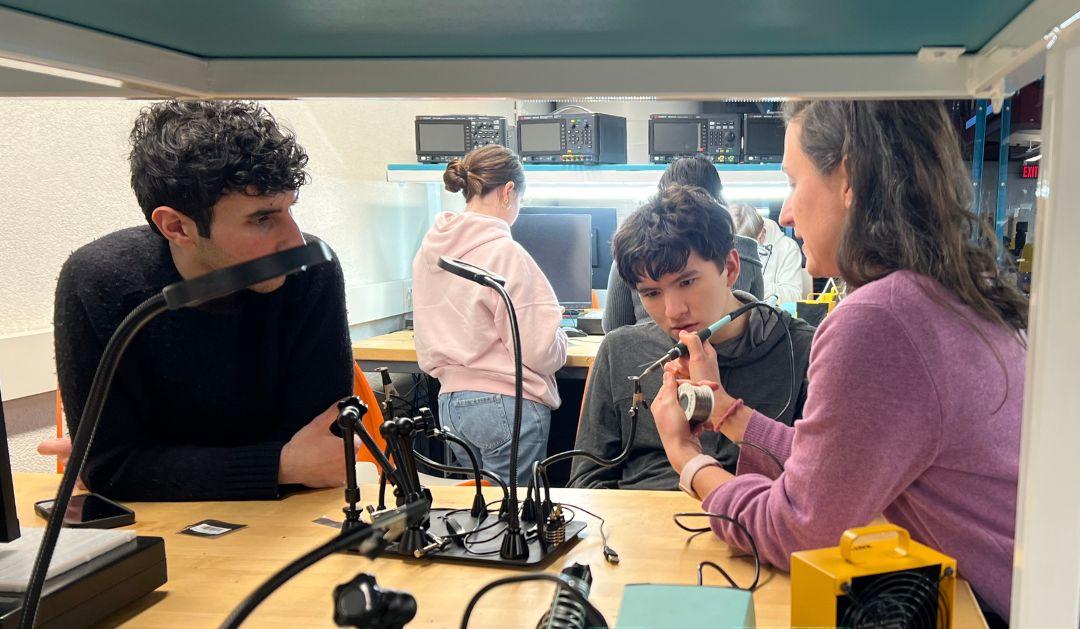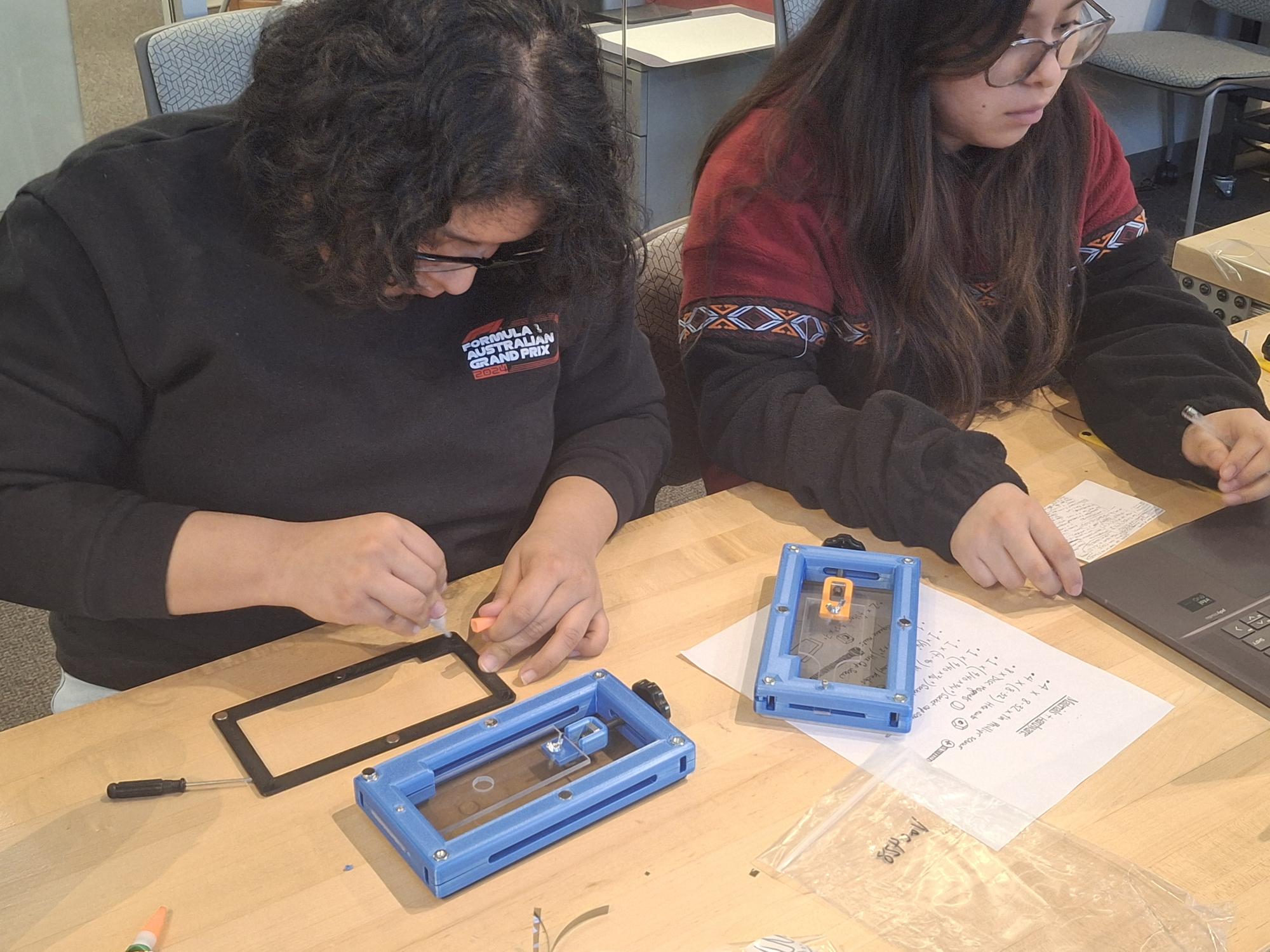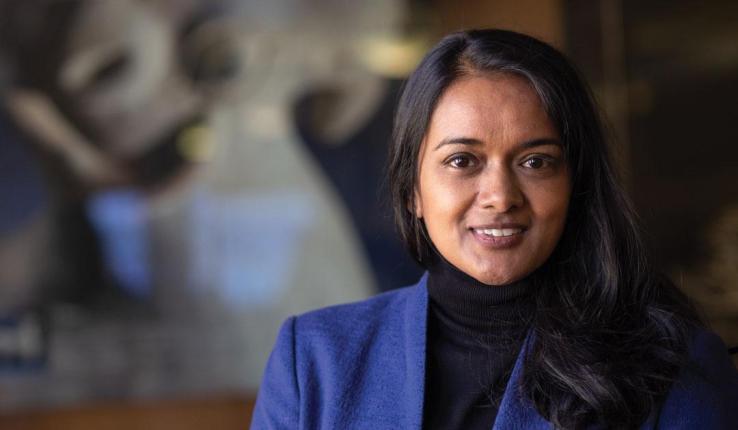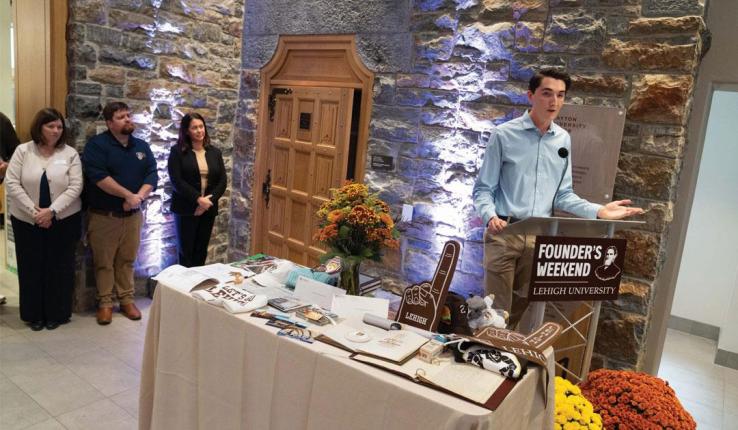Calculus, frequently viewed as an exercise in abstract equation manipulation, creates a gap between theoretical understanding and practical application for many students. However, at the Design Labs' newly launched Future Makers Lab, an interactive, application-driven approach is reshaping this perception.
The Future Makers Lab, which launched in the spring semester as a semester-long initiative, is designed to give students hands-on experience applying calculus to real-world challenges.
The Future Makers Lab was conceived after Jiayuan Wang, teaching assistant professor of mathematics, attended a conference where a Purdue University professor showcased a related initiative. Recognizing the potential benefits for Lehigh's engineering-focused student body, Wang was inspired to introduce a similar program.
Wang collaborated with Brian Slocum, director of Design Labs, who assembled a team with Christina Viau Haden, teaching associate professor and associate department chair of mechanical engineering and mechanics, and Kelly Zona, manager of Wilbur Powerhouse Design Labs. Together, they turned the idea into a reality and established the Future Makers Lab.
Wang envisions the lab as a bridge between theoretical mathematics and its functional impact across disciplines.
"Mathematics is often seen as abstract, but it doesn’t have to be," she said. "I want students to recognize how calculus shapes the world around them not just as numbers and equations, but as a tool for innovation. This lab is designed to create experiences that make those connections clear and compelling.”







